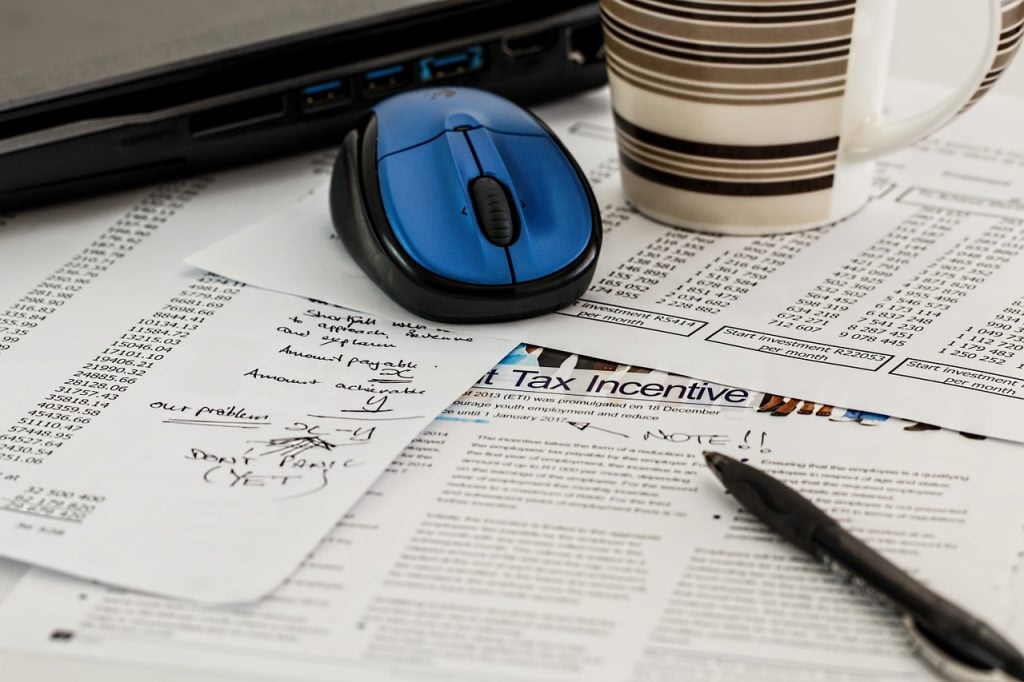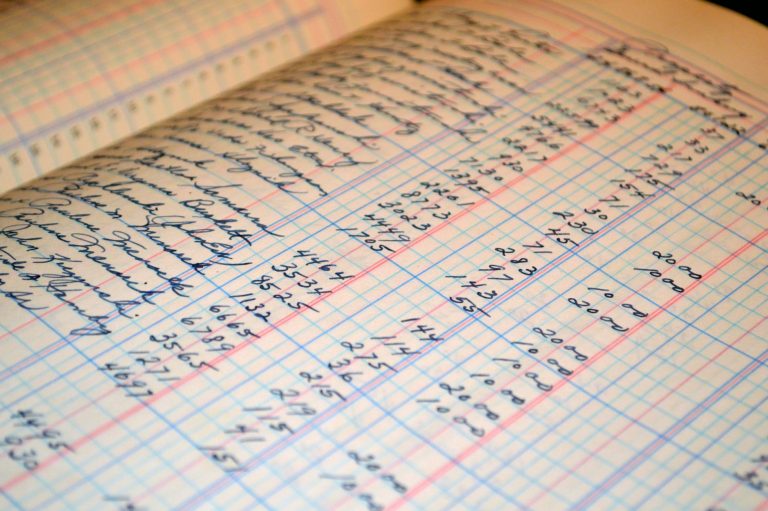Starting your own business is an exciting time, but it can also be quite stressful. There’s a million things that you have to do; and there’s always a ton of paperwork to deal with, including numerous tax forms. Filling out all those tax forms can be a pain, but it’s necessary when establishing your own business. You want to make sure everything is above board after all. And not having all of your tax forms properly filled out may cause problems down the line with your business. Businesses big and small are required to go through this process, and you’ll later learn just how important it is once you get your business up and running.
Here’s some important tax-related information you should know when starting a new business, as well as a list of some of the key tax forms you’ll need to fill out.
Important Information On Federal Taxes That New Business Owners Should Know
- Is it a hobby or a business? This is a key piece of information that the Internal Revenue Service would need to know about your new enterprise. According to the IRS, a business is created specifically to make a profit, whereas a hobby is something you engage in solely for sport or recreation. It’s imperative that you base this determination on all of the facts and circumstances.
- Choosing a Business Structure — When you launch a new business, you need to decide what form of business entity it will be. Your business structure determines which tax return form you need to file. The most common forms are sole proprietorships, partnerships, corporations, and S corporations. Visit the IRS website to learn more about selecting the correct business structure.
- Employer Identification Number (EIN) –All business owners, no matter how big or small the business, need to apply for an Employer Identification Number (EIN). An EIN is a 9-digit number that’s assigned to employers, sole proprietors, corporations, partnerships, estates, trusts, certain individuals, and other entities for tax filing and reporting purposes. The type of EIN form you use is determined by how your business is organized.
- Income Taxes — With the exception of partnerships, every business must file an annual income tax return. (Partnerships file an information return.) The tax form you use is determined by how your business is organized. You are required to pay the federal income tax as you earn or receive income during the year. Also, in many small businesses, the owner is personally responsible for paying the income tax and not the business itself.
- Record-keeping — As a business owner, it’s always wise to keep good records. This will help you better prepare your tax returns; monitor the progress of your business; prepare your financial statements; keep track of deductible expenses; identify sources of income; and keep track of your basis in property.
- When Do You Start Your Tax Year? You will need to determine your taxable income on a tax-year basis. The IRS describes a “tax year” as a yearly accounting period for maintaining records and reporting income and expenses. Also, it should be noted that an annual accounting period does not include a short tax year.
Some of The Tax Forms You Will Need When Operating a Business (includes Sole Proprietorship, Corporation, Partnership, or a Limited Liability Company)
- Form SS-4, Application for Employment Identification Number (EIN)
- Form 1040-ES, Estimated Tax for Individuals
- Form 1120-W, Estimated Tax for Corporations
- Form 8832, Entity Classification Election: This tax form allows owners to
elect how they want their business to be classified for federal tax purposes (a corporation, partnership or an entity disregarded as separate from its owner)
- Information Returns Forms (W-2, 1099-A, 1099-MISC, 1099-R, etc.)
- State Tax (Forms and Information)
There are many reputable places to find printed tax forms. For instance, The Mines Press offers a wide variety of preprinted tax forms. The business-to-business printing service carries IRS-approved tax forms that can be used in nearly any software program.





